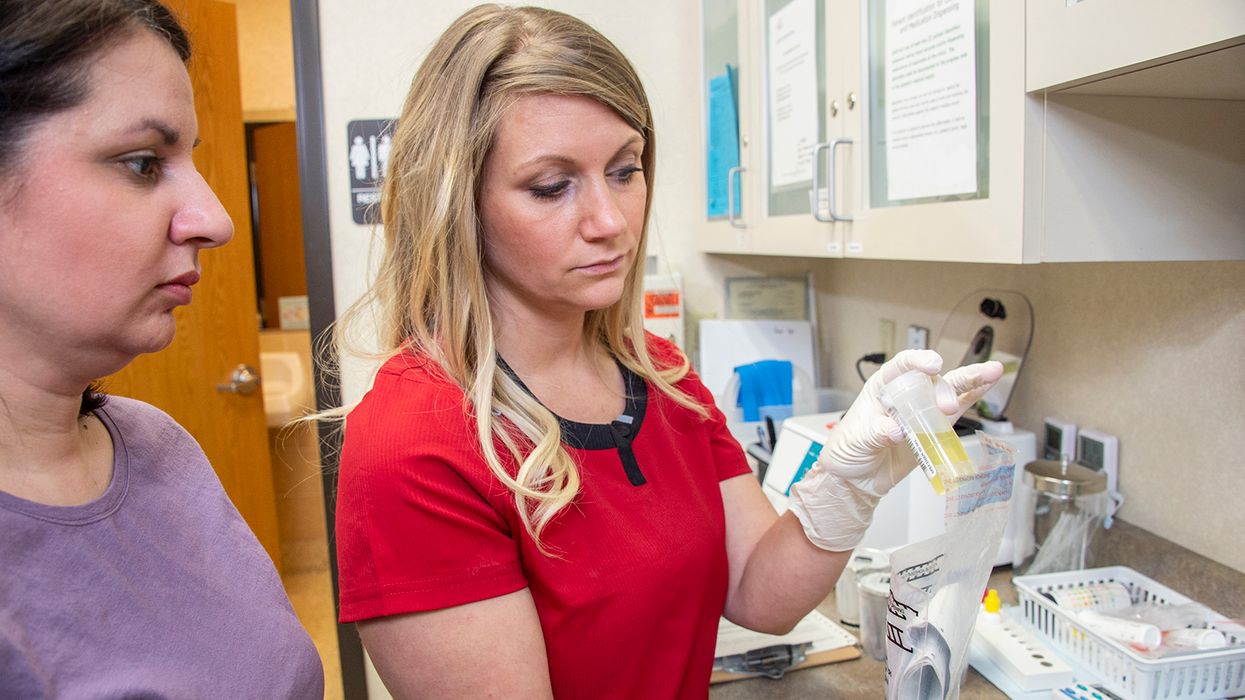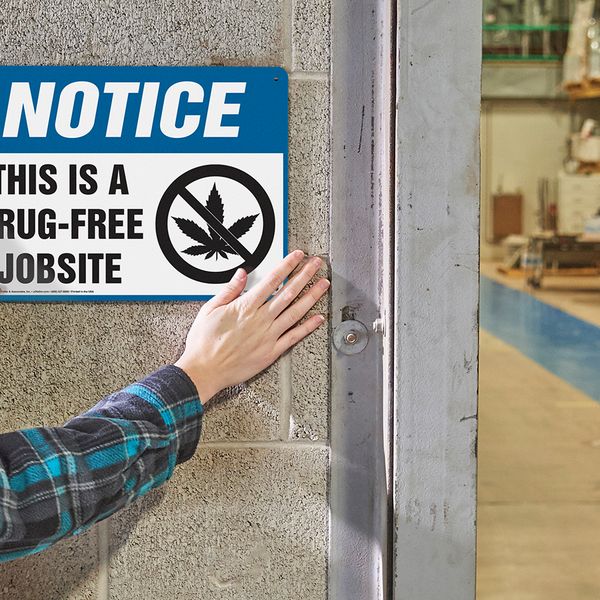States make summertime tweaks to drug testing laws
State drug testing laws are typically slow to change, but this summer three states made revisions. Iowa and Ohio made their laws more employer-friendly, while Minnesota added a new requirement.
Iowa OKs electronic notices
Iowa employers who conduct drug tests may now use electronic communication to notify employees about positive results when employees agree to this method of communication. They can also use an in-person exchange of written materials if that is what an employee would like to do.
These methods of communication can also be used when an applicant or parent of a minor agrees to receive notices this way.
Employers used to be required to send notifications by certified mail, return receipt requested. This method can still be used when it’s preferred by an employee, prospective employee, or parent of a minor.
In addition, the state has:
- Changed the definition of safety-sensitive position. It is now a position designated by the employer as one where an accident could cause loss of human life, serious bodily injury, or significant property or environmental damage. Previously, the employer did not have the power to designate a position as safety-sensitive. This definition comes into play when doing random testing as the testing pool may consist of employees in safety-sensitive positions.
- Modified attorney fees. An employer who violates the state’s drug testing law is subject to penalties, including the payment of reasonable attorney fees. The law previously did not use the term “reasonable.”
- Shifted the burden. An employee or applicant who believes their rights have been violated now has the burden of proving that a violation directly caused any damages.
Ohio turns three programs into one
Ohio has merged its Drug-Free Safety Program, Drug-Free Safety Program Grants, and Substance Use Recovery and Workplace Safety Program into a new entity: The Substance Use Prevention and Recovery Program (SUPR).
The voluntary program is available to public employer taxing districts and private employers with state workers’ compensation insurance. Self-insured employers can enroll at the comparable level to be included on the list approved state construction contractors.
Under the new program:
- Enrollment is open year-round;
- Employers no longer need to file a Safety-Management Self-Assessment or a Safety Action plan;
- Most participants are automatically eligible for reimbursement grants that can be used to pay for policy development, training, drug and alcohol testing, and substance use assessments;
- Substance use assessments for employers with second chance programs are now eligible for reimbursement; and
- An online accident report is only required for lost-time claims.
Employers may enroll at a basic, advanced, or reimbursement-only level, or may enroll with a comparable program. The basic, advanced, and comparable levels require employers to train supervisors and employees, conduct drug and alcohol testing, and have a written policy.
Employers applying only for reimbursement must keep documentation to support the reimbursement request for three years.
The state is creating an online portal where employers will be able to report program completion and request reimbursement for eligible expenses.
Minnesota requires new notice
Minnesota employers must now comply with a notice requirement when taking certain negative actions against medical marijuana patients.
State law prohibits employers from discriminating against patients because of medical marijuana use or because of a positive drug test for marijuana. There are exceptions for employees who are impaired by marijuana at work, and when failing to act would cause an employer to:
- Violate a federal law,
- Lose a monetary benefit, or
- Lose a license-related benefit.
Employers who decide to take a negative action because not doing so would violate the law or result in the loss of benefits must now provide a written notice to employees at least 14 days before the action. The notice must:
- Cite the specific law or regulation that the employer believes would be violated if it did not take that action, or
- Specify the monetary or licensing-related benefit under federal law that the employer would lose if the action had not been taken.
A patient may bring legal action against an employer for violating the law, and an employer must not retaliate against a patient who asserts their rights.
Key to remember: Some states have detailed drug testing laws, and while they do not change often, employers need to stay on top of changes to remain in compliance.




















































